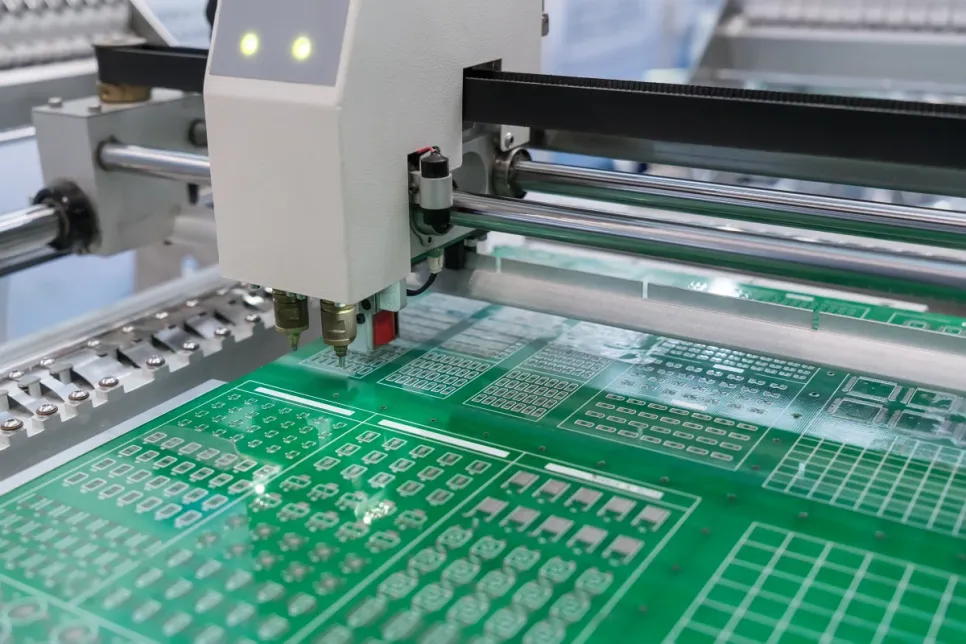Texas Plans to Enforce Age Limits on App Stores
Texas plans to become the latest US state to tighten controls on child online safety.

Qualcomm, Intel, and Micron said that the proposed US tariffs on advanced chips and manufacturing equipment imports would raise input costs. That, they claim, could slow efforts to boost domestic production.
The three companies filed separate submissions to the US Department of Commerce. Qualcomm argued that imposing tariffs on chips in the short term without providing sufficient time, support, and opportunity for construction and the start of operations, stemming from investments announced since the beginning of the second Trump administration, would harm US chip design companies without creating proportional economic benefit to the US or its workers.
The company added that it must continue to rely on foreign fabs for a large portion of its production, including those in Taiwan and South Korea. Pointing to the highly complex semiconductor supply chain, Qualcomm stated: “Loss of technological leadership may be further compounded if foreign countries were to respond to increased tariffs by working together to eliminate US content from their products.”
Intel warned that tariffs on critical inputs such as raw materials and specialized equipment will raise production costs, making it increasingly difficult for domestic manufacturers to compete globally. In addition, it stated foreign countries are implementing protective measures that could exclude US manufacturers from key markets. The chipmaker, highlighting its increased R&D investment in 2024 to develop advanced chips domestically, said that government policies should support, not hinder its investments, adding that imposing overly broad tariffs could disrupt progress.
Micron cautioned that tariffs that increase costs on key inputs, particularly semiconductor manufacturing equipment, will significantly raise the cost of building semiconductor fabs in the US, making domestic fabs less competitive or possibly not commercially viable. It recommended that the government consider temporary tariff exemptions on critical inputs for semiconductor fabs, including manufacturing equipment, construction materials, replacement parts, and raw materials. TSMC also issued a similar warning, stating new import restrictions could create uncertainties for many committed semiconductor projects in the US, including its $165 billion Arizona investment plan.